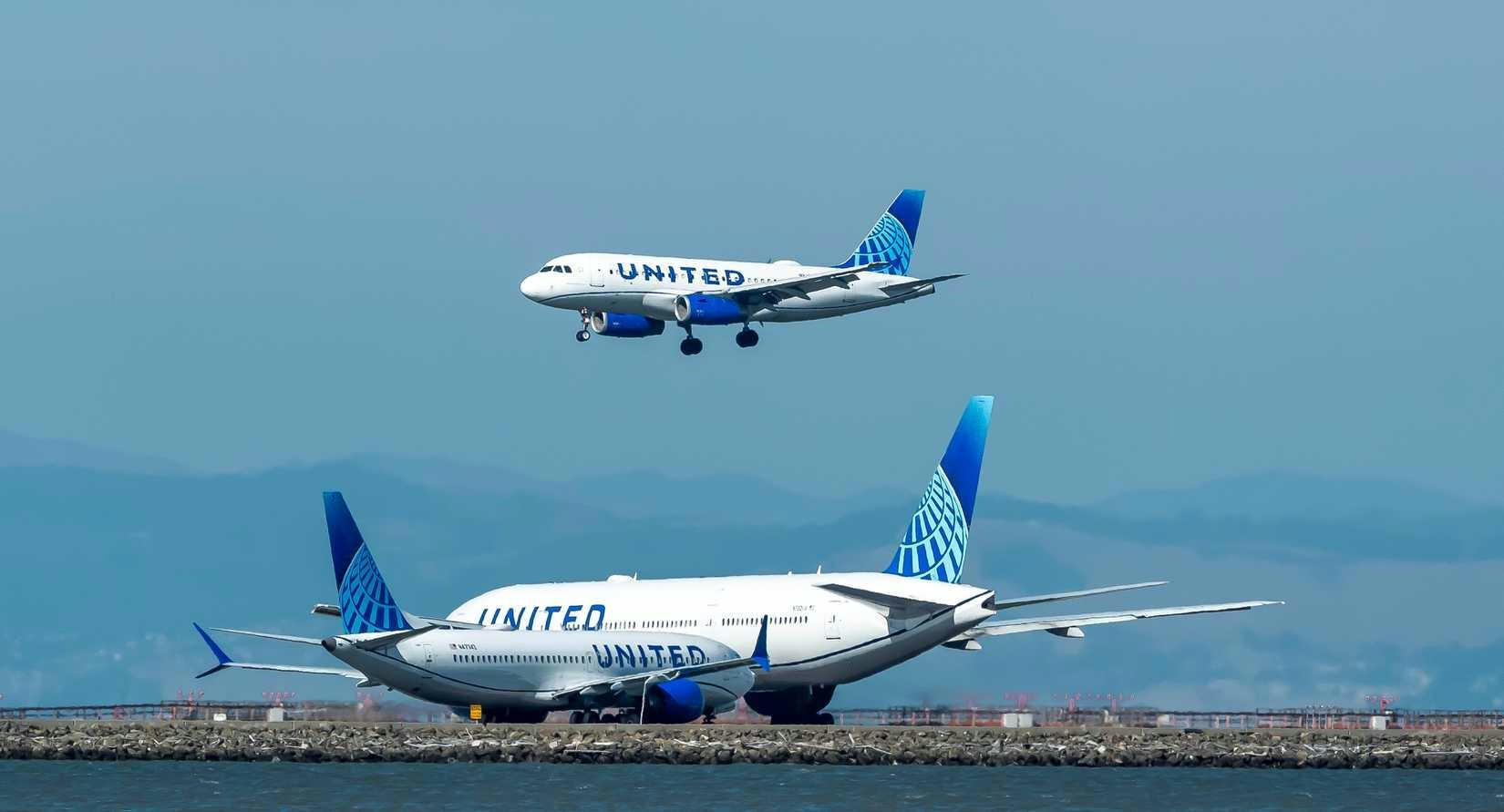أيروجيني — مساعدك الذكي للطيران.
الرائج الآن
Categories
Boeing Increases Q3 Commercial Aircraft Deliveries but Remains Behind Airbus

Boeing Increases Q3 Commercial Aircraft Deliveries but Remains Behind Airbus
Boeing has reported a marked improvement in its commercial aircraft deliveries for the third quarter, achieving a 38% year-over-year increase to 160 aircraft, up from 116 during the same period last year. The deliveries comprised 121 units of the 737 model, six 767s, nine 777s, and 24 787 Dreamliners. Additionally, gross commercial orders surged to 821, nearly matching the 848 orders recorded in the corresponding quarter of 2023.
Delivery Performance and Market Position
Despite these gains, Boeing continues to lag behind its primary competitor, Airbus. Airbus has delivered 507 aircraft so far this year and aims to reach 820 deliveries by the end of 2025. The Airbus A320 family has notably surpassed the Boeing 737 as the most-delivered aircraft in history, highlighting the persistent challenges Boeing faces in closing the delivery gap. The A320’s versatility and sustained demand have enabled Airbus to maintain its lead, even as Boeing works to stabilize its production lines.
Industry analysts, including Forecast International, estimate that Boeing could deliver approximately 590 aircraft this year if it sustains its current average of 49 deliveries per month and successfully addresses ongoing supply chain disruptions. To meet this target, Boeing will need to increase its monthly deliveries to 50 by the end of the year. Supply chain issues have not only delayed Boeing’s production but have also raised broader concerns within the industry, with airlines potentially facing losses of up to $11 billion in 2025 due to these delays.
Order Backlog and Strategic Outlook
While Boeing trails Airbus in deliveries, it maintains a lead in order backlog, with 821 orders compared to Airbus’s 514. Recent orders for Boeing’s 737, 777, and 787 models have been placed by major carriers including Norwegian Group, Uzbekistan Airways, Turkish Airlines, Macquarie AirFinance, Cathay Pacific, and Gulf Air. In September, WestJet announced its largest-ever aircraft order, committing to purchase at least 67 additional Boeing planes for delivery through 2034.
Boeing’s commercial orders have increased by approximately 161% year-over-year, and deliveries have risen about 51% from January 1 to September 30 compared to the same period in previous years. Company executives attribute part of this growth to favorable trade policies and heightened demand for larger aircraft as airlines seek to expand passenger capacity.
However, Boeing’s CEO has acknowledged that pricing remains under pressure due to inflationary impacts stemming from supply chain challenges. The company must continue to address production difficulties to remain competitive. As Airbus’s A320 family continues to set new industry milestones, Boeing faces the dual challenge of ramping up deliveries while overcoming persistent supply chain hurdles to regain its position in the global market.

Capital A Completes Sale of Aviation Business to AirAsia X

Four Gateway Towns to Lake Clark National Park

PRM Assist Secures €500,000 in Funding

Should Travelers Pay More for Human Support When Plans Go Wrong?

InterGlobe Aviation Shares Rise 4.3% Following January Portfolio Rebalancing

Key Market Segments Shaping Airline Route Profitability Software

Locatory.com Gains Traction Among Aviation MROs and Suppliers

JetBlue Flight Makes Emergency Landing Following Engine Failure

58 Pilots Graduate from Ethiopian University

The Engine Behind Boeing’s Latest Widebody Aircraft
